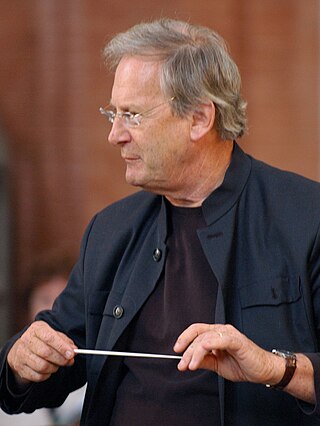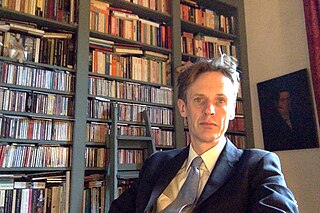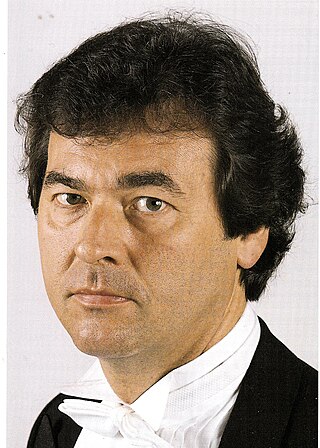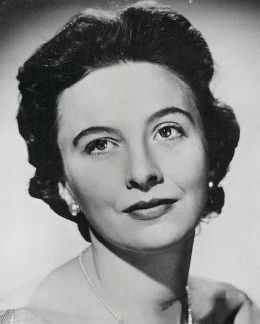Gerald English | |
|---|---|
 Gerald English, in the 1950s | |
| Background information | |
| Born | 6 November 1925 Kingston upon Hull, East Riding of Yorkshire, England |
| Died | 6 February 2019 (aged 93) United Kingdom |
| Genres | Early and Classical music |
| Occupation(s) | Tenor |
.
Gerald English (6 November 1925 – 6 February 2019) [1] was an English tenor. He performed operatic and concert repertoire, was a recording artist, and was a sometime academic.
Contents
- Personal life
- Career
- United Kingdom
- Australia
- Recordings
- Conductors Gerald English performed with as soloist
- Orchestras Gerald English sang solo with
- Australia and New Zealand
- Asia
- Europe
- North America
- South America
- Notes
- References
He gave many premiere performances of works by composers such as Igor Stravinsky, Hans Werner Henze, Benjamin Britten, Michael Tippett, and Andrew Ford, often under their own direction. He also sang under the batons of Ernest Ansermet, Ralph Vaughan Williams, Sir John Barbirolli and Sir Thomas Beecham. He sang opera for the Glyndebourne Festival, The Royal Opera at Covent Garden, La Scala, and in Sydney, Adelaide, Manchester, Edinburgh, Florence, Rome, Paris, Buenos Aires, Vienna, Barcelona, and Sadler's Wells. He also performed in concerts in America, as well as in cities like Brussels, Rome, Cologne, Stockholm, Lisbon, Amsterdam or Rio de Janeiro.









